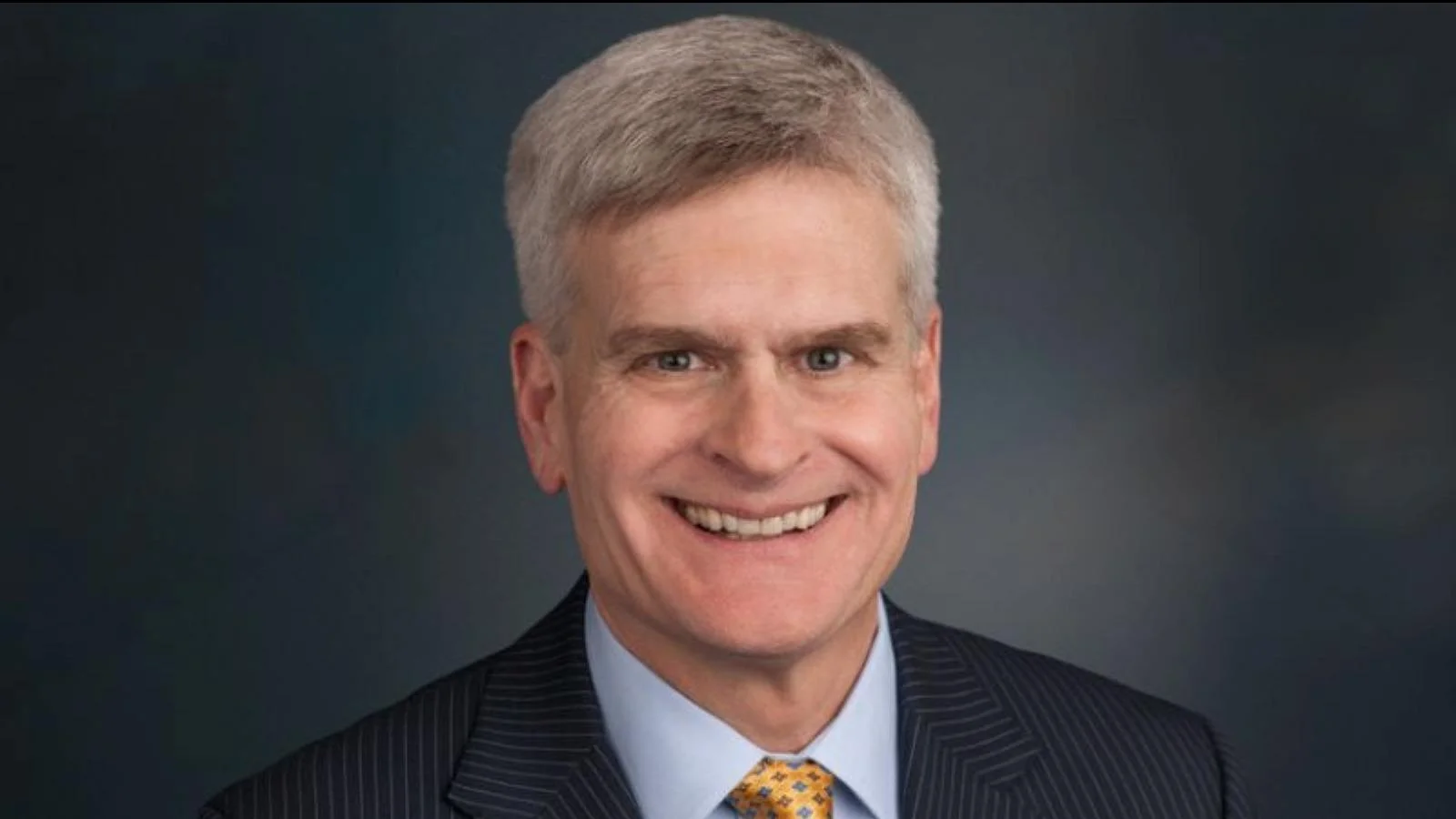U.S. Senator Bill Cassidy, M.D. (R-LA), chair of the Senate Health, Education, Labor, and Pensions (HELP) Committee, delivered remarks during a committee hearing focused on reducing health care costs for American patients.
Cassidy began by stating that all members of the committee agree health care costs are too high. He noted his experience as a physician working with underserved populations and witnessing firsthand how patients struggle to afford medical bills.
He emphasized the need for Congress to address what he called "a network of perverse incentives" within the health care system. This includes reviewing health insurance benefit design, improving price transparency, removing regulatory barriers, and examining how government discount programs may affect commercial market prices.
Cassidy pointed out that stagnant wages are partly due to rising health care costs: "Important to recognize that Americans’ wages aren’t growing because more and more of a worker’s paycheck is going to health care. If we want to increase wages in this country, the number one thing we have to do is tackle health care costs. That is pro-worker, pro-family, pro-patient."
He highlighted employer-sponsored insurance (ESI), which covers over 160 million Americans under age 65—more than half of this population. Cassidy said ESI costs have increased sharply in the past decade for both employers and workers, resulting in lost wages and less money for families.
"There are many actors within the health care delivery system, and I note everyone points a finger at the other as the source of high health care costs," Cassidy said. He compared untangling these issues to dealing with tangled Christmas lights: "the root causes of the nation’s health care issues must be teased apart."
Cassidy called for bipartisan reforms: "We need substantive, bipartisan reforms to realign our health care system to put patients first. The Committee has a long history of working together to achieve this goal."
He referenced previous work with Senator Bernie Sanders on pharmacy benefit manager (PBM) reform legislation intended to lower prescription drug prices. The PBM Reform Act passed overwhelmingly in the last Congress but has not yet become law. Cassidy urged continued cooperation: "The President is committed to re-evaluating the role of PBMs. Therefore, we need to work together to get this legislation signed into law."
Cassidy also cited efforts by Senators Marshall and Hickenlooper on price transparency through legislation requiring hospitals and insurers to publicly post prices in a machine-readable format.
Another focus was on the federal 340B program designed for low-income and uninsured patients. Cassidy noted findings from a National Pharmaceutical Council study indicating that some hospitals may not pass along discounts from 340B savings; instead, these discounts could contribute to higher insurance costs for workers—an estimated $4.5 billion from 2017-2023.
"In fact, a recent study by the National Pharmaceutical Council found that 340B may make ESI more expensive, costing workers’ an estimated $4.5 billion from 2017 to 2023. So, not only are discounts not being passed onto patients, but there is a hydraulic effect driving up the cost of insurance for workers. Put simply, families pay more," Cassidy stated.
He added that his staff had investigated how entities use revenue from 340B and released recommendations aimed at increasing program transparency.
"The purpose of this hearing and the responsibility of this committee is to make health care more affordable for patients," Cassidy concluded. "This requires teasing apart the web of perverse incentives if we wish to create affordability. I urge us all to put aside politics to deliver this for the American people."
###









